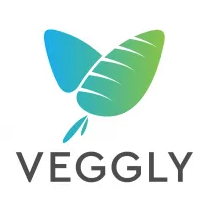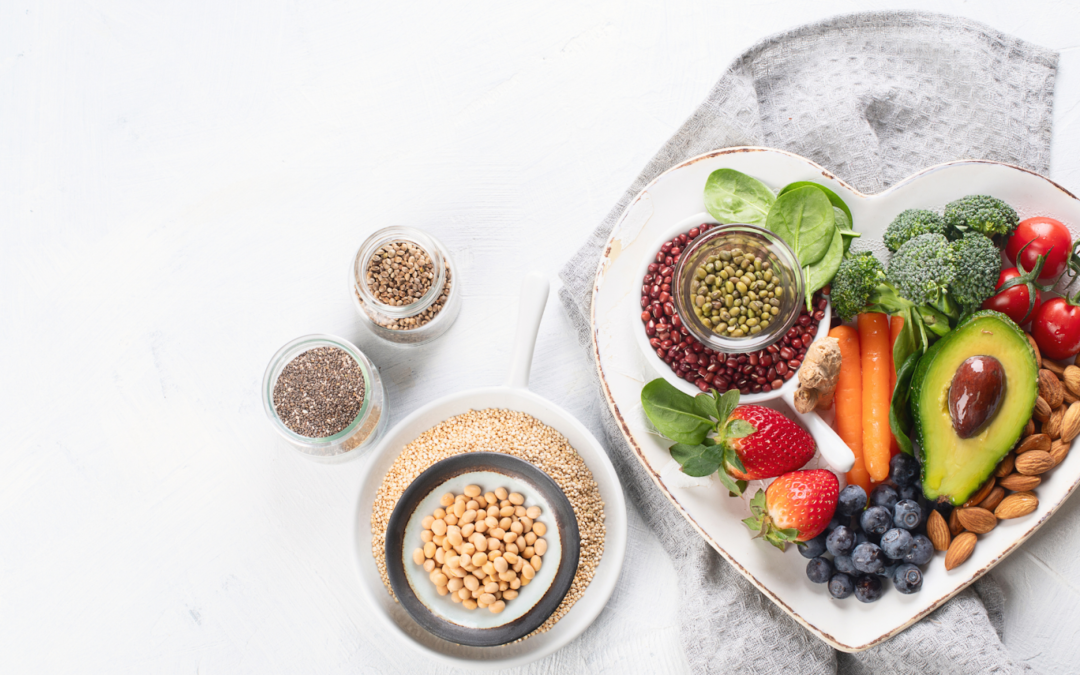Nowadays we are in touch with a lot of diets that restrict the consumption of meat. So it is common to have doubts about veggie diets and their definitions. Here’s a veggie guide to help you out!
- Veganism
Opposite to what one may believe, veganism doesn’t fall into the “diet” category. According to the Vegan Society, veganism is: “A philosophy and way of living which seeks to exclude—as far as is possible and practicable—all forms of exploitation of, and cruelty to, animals for food, clothing or any other purpose; and by extension, promotes the development and use of animal-free alternatives for the benefit of animals, humans and the environment.”
This definition was coined in 1988 and remains the one that we use to characterize the vegan movement today.
The Vegan Society also points out four main reasons for going vegan. The first one being the will to not exploit animals, and excluding the use of any animal products is a way to not take part in that. The second is related to the health benefits that come from a vegan way of life and points out that by going vegan you are more likely to introduce healthier food options in your diet. The third one covers the positive environmental impact that the vegan diet has on our planet, it says that the most effective way to reduce your carbon footprint is by avoiding animal products. The last one explains that a plant based diet only needs a third the land required to sustain a meat and dairy diet, being a more sustainable option for the people and the planet.
- Vegetarianism
This terminology encompasses four categories that share the restriction of fish, chicken, meat and its derivatives from their menus, but they all have different characteristics:
- vegetarian: has a plant based diet, but is not considered vegan due to only following the diet, not the lifestyle;
- ovo-lacto vegetarian: consumes eggs, milk and dairy;
- lacto-vegetarian: restricts the consumption of eggs, using only milk and dairy in their diet;
- ovo-vegetarian: consumes eggs, restricting milk and dairy from their diet.
According to SVB (Brazilian Vegetarian Society), the main foundation of vegetarianism is ethics. Recognizing all animals as sentient beings comes with the acknowledgement that they do not exist to satisfy human interests. SVB also points out that the vegetarian diet has health and environmental benefits.
Apart from political and dietary motivation, there are also some religions that preach the nonconsumption of meat for karmic and spiritual reasons. We can see some examples of that in India, the country with the largest number of vegetarians, where 23% to 37% of the population follow some kind of vegetarian diet. Hinduism, Buddhism and Jainism are all religions that come from India and have the reduction of meat in their beliefs:
Hinduism: there are five motivations for the exclusion of meat from their diets.
- “The Dharmic Law Reason” follows Ahinsa, the law of noninjury.
- “The Karmic consequences Reason” explains that our actions have karmic responses, meaning that the pain inflicted by one who eats other creatures will eventually get back to them.
- “The Spiritual Reason” presents that to live in high consciousness one may not eat meat, fish, shellfish, fowl or eggs.
- “The Health Reason” discusses the benefits of the vegetarian diet.
- “The Ecological Reason” explains that the planetary ecology improves from the nonconsumption of meat.
Buddhism: preaches compassion for all sentient beings, which may be expressed by nonviolence towards them. This has two interpretations, one being that Buddhists can’t take the life of any living beings, so they must follow a vegetarian diet. The other is that Buddhists can consume meat if the animal’s life wasn’t taken specifically for them. This is a matter of discussion between the followers of Buddhism.
Jainism: is the most strict form of “religiously-motivated diet regulation in the Indian subcontinent”. In order to escape the cycle of reincarnation, Jains also follow the principle of nonviolence (Ahinsa), which is regarded as the most significant of their religious obligations. They must be vegetarians, and some of them also embrace veganism. Additionally, they go by rules that minimize needless damage to plants, avoiding, for example, eating root vegetables, because doing so results in the death of the entire plant. Honey is also excluded from the diet. Due to the high number of insects drawn to the lamps at night and the higher concentration of microbes in food made during this time, strict Jains avoid eating and consuming foods that were made during the evening. The microorganisms are also the reason as to why Jains do not consume any fermented product.
- Raw vegan diet
Those who follow the raw vegan diet only consume raw and unprocessed food that hasn’t been heated over 45ºC. The raw foodists believe that cooked foods have lost their nutritional value, so they opt to eat unheated foods. In addition to raw fruits and vegetables, the followers of this diet also consume seaweed, seeds, nuts, sprouts, roots, and root vegetables. Juicing, blending, soaking, sprouting, and dehydrating are all acceptable food preparation methods for raw vegans. This diet’s advantages include improved heart health, weight loss, and a lower risk of developing diabetes.
- Fruitarian diet
The fruitarians have a diet that consists of up to 75% of raw fruit. It can be considered a strand from veganism, but it is far more restrictive. Aside from fruits, a smaller part of the fruitarian diet consists of consuming nuts and seeds. Some followers of this diet intend to have the original diet of humankind, others just do not want to kill living beings, including plants.
- Meat reducing diets
Flexitarianism or semi-vegetarianism: mainly follow a non strict vegetarian diet, only consuming some form of meat occasionally. The increasing popularity of this diet may be caused by health, environmental and animal welfare concerns. There is evidence showing benefits in relation to weight loss, metabolic health, and diabetes prevention on those who follow a semi-vegetarian diet.
Pescetarians: also follow a non strict vegetarian diet. The differential of this group is not restricting the consumption of fish or seafood.
Climatarians: are interested in reducing their carbon footprint, seeking a sustainable way of living and looking for alternatives that cause less damage to our planet. Which includes excluding beef, lamb, goat, unsustainable fish, air flown food and heated greenhouse grown food from their menus.
As Veggly grows further, make sure you stay up to date and read some of our success stories and messages from our users who found love from their Veg-Matches – all on this page here.
Stay up to date with all of our announcements, other news stories, blog posts, and recipes. Please follow Veggly across our social channels:
References:
- https://www.vegansociety.com/go-vegan/definition-veganism
- https://www.svb.org.br/vegetarianismo1/o-que-e
- https://www.thespruceeats.com/what-is-the-raw-vegan-diet-3378514
- https://www.verywellfit.com/the-fruitarian-diet-4682619
- https://www.frontiersin.org/articles/10.3389/fnut.2016.00055/full
- https://www.thespruceeats.com/what-is-a-pescatarian-3376817
- https://climatarian.com/eating-climatarian/
- https://www.currynatural.com.br/post/vegetariano_indiana
- http://www.ivu.org/religion/articles/hindus.html
- https://www.britannica.com/explore/savingearth/buddhism-and-vegetarianism
- https://djsm.org.au/jainism/2020/jain-food-diet-restrictions-and-reasons%E2%80%8B/
- https://www.medicalnewstoday.com/articles/raw-vegan-diet#risks





